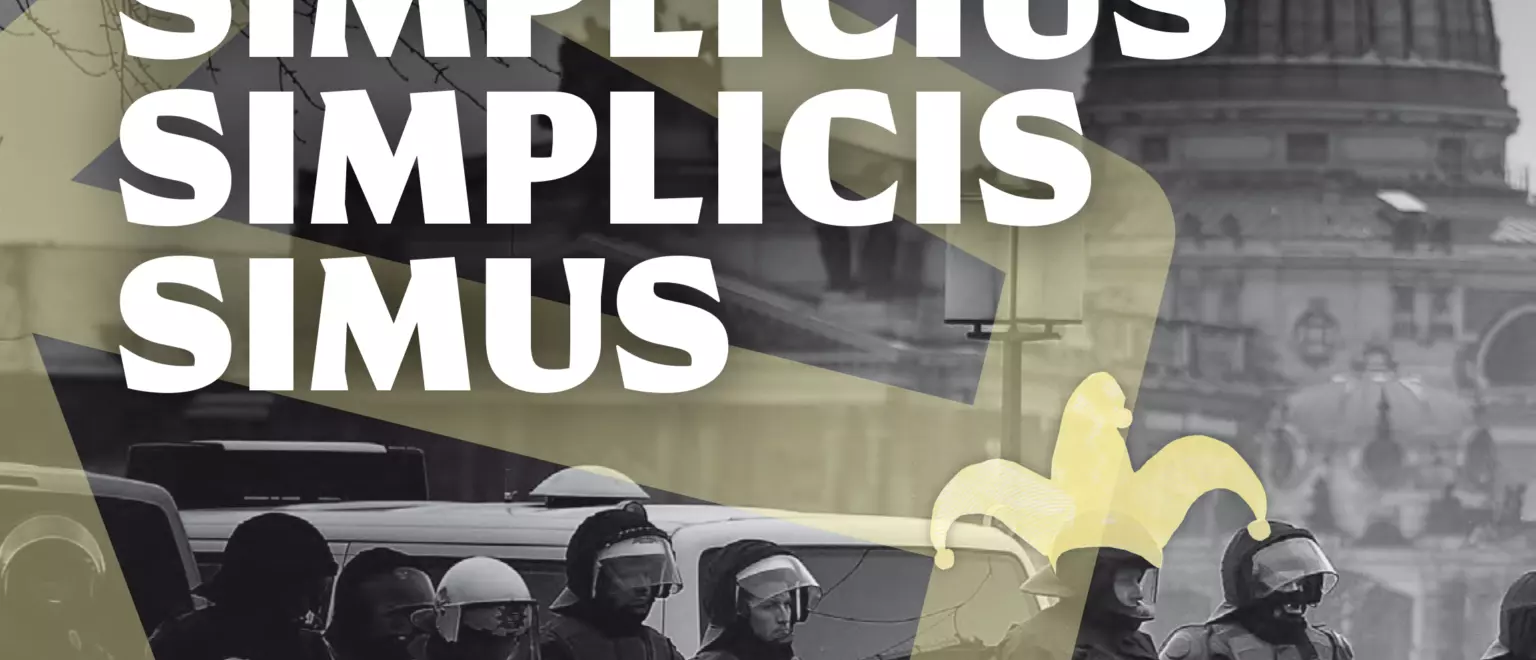Three scenes from his youth after Hans Jakob Christoffel von Grimmelshausen by Hermann Scherchen, Wolfgang Petzet and Karl Amadeus Hartmann
A naïve farm boy flees from looting and murdering soldiers in the battles of the Thirty Years' War to a hermit. Because of his ignorance and simplicity, he gave him the name Simplicius Simplicissimus, the most simple-minded. After the hermit's death, Simplicius is taken to the governor's court, where he is treated as a court jester. Simplicius tells the affluent court society of the atrocities of their soldiers, but they are only amused by the cruel truth. But then she is killed by rebelling peasants during an uprising predicted by Simplicius. Only Simplicius remains.
Karl Amadeus Hartmann's opera is based on the novel Der abenteuerliche Simplicissimus Teutsch by Hans Jakob Christoffel von Grimmelshausen from 1668/69, a book that is now considered the first adventure novel in world literature. In it, Grimmelshausen describes the events of the war from the point of view of a naive, innocent child. In view of the experiences of the First World War, Hartmann recognized the topicality of the material in the 1930s. In the young Simplicius the composer sees the unheroic man, the pure fool in the midst of a cruel and war-torn world. And yet the composer believes in a happy ending: "If you hold the mirror up to the world so that it recognizes its horrible face, it might think better of it. Despite all the political storm clouds, I believe in a better future. That is what the final apotheosis in my Simplicius is supposed to express.”
Theatre and Literature
Aktualisiert am 02.05.23, 14:19 o 'clock


